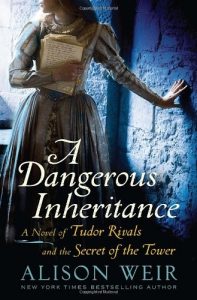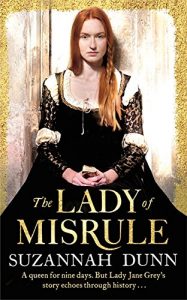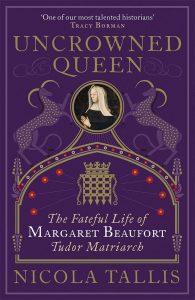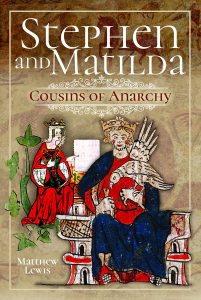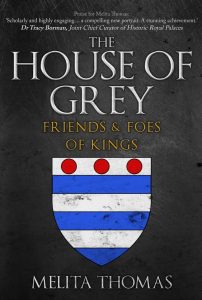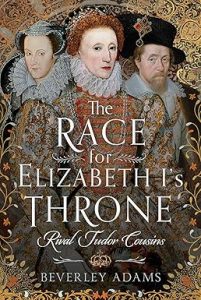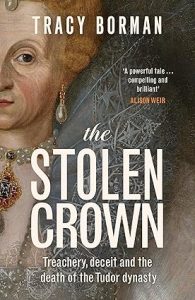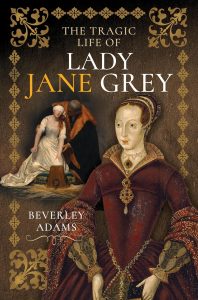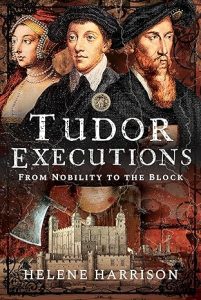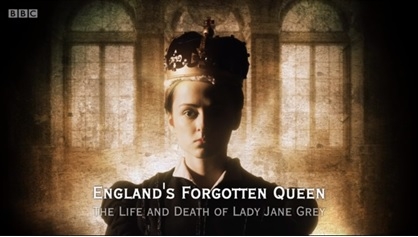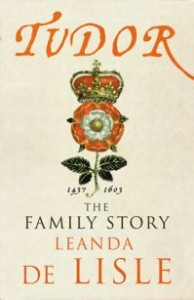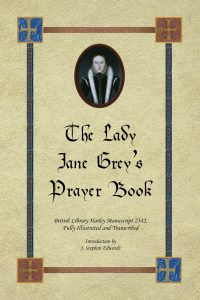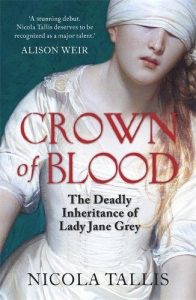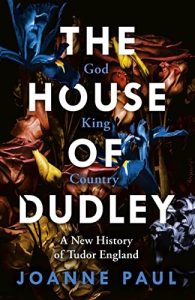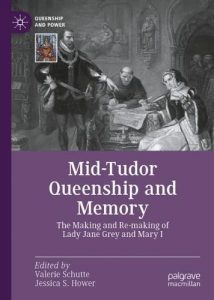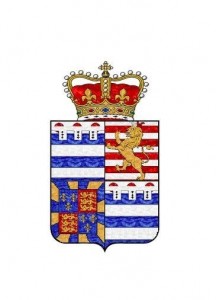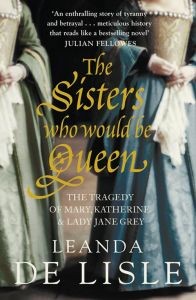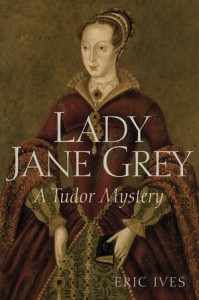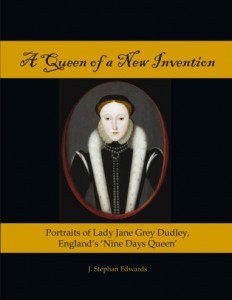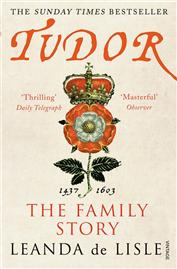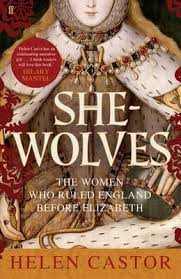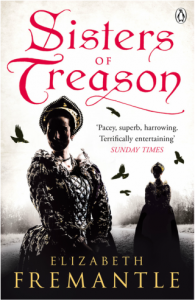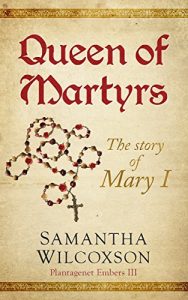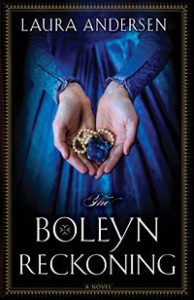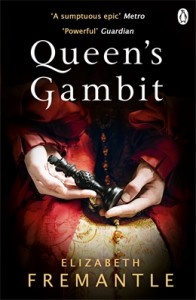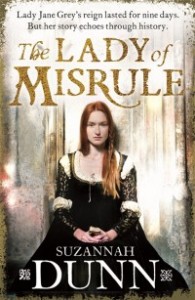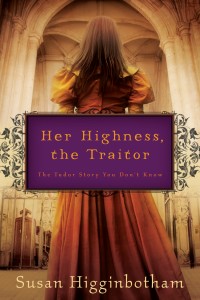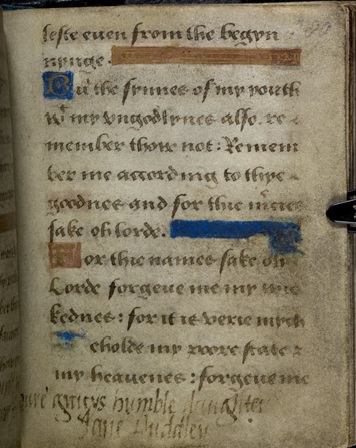On 13th November 1553, Lady Jane and Guildford Dudley stood trial at the Guildhall in London.
The trial has featured in a number of historical novels.
In A Dangerous Inheritance by Alison Weir, the announcement of the trial is seen through Katherine Grey’s eyes.
‘Although the Queen has assured me that the trial is merely a formality, and that a pardon will follow when the time is right, the announcement strikes dread into my heart. It reminds me how perilously close Jane has been brought to her utter ruin. May God grant that the Queen stays firm in her resolve to show mercy.’
(c) Arrow, p.178
In The Lady of Misrule by Suzannah Dunn, events are viewed through the eyes of Jane’s lady-in-waiting in the Tower, Elizabeth Tilney.
‘When the Partridges invited us down to dine, one evening in early November, it was because they had news for Jane: there was a date for the trial, the 13th, a mere week away. Jane gave no sign of how she felt to hear it, and perhaps she felt nothing at all. She’d been living with the threat of the trial for a long time, and, as Mr Partridge was quick to reiterate, it was of no real consequence, whatever the verdict: it had to be done; it was just something to be gone through.’
Abacus, p. 256-7
In The Last Tudor by Philippa Gregory, the walk to the Guildhall is seen through Jane’s eyes.
‘The streets from the Tower to Guildhall are lined with guards, our procession of prisoners is lead by the executioner’s axe, followed by Thomas Cranmer…immediately behind him comes my husband, Guildford, pale and clearly frightened, and only then me, escorted by two of my ladies-in-waiting.
…I wore a black gown, a black hood trimmed with jet and a black furred cape. I carry an open prayer book in my hands and I read it as I walk, though the small print jiggles before my eyes and, to tell the truth, I can see nothing. It doesn’t matter; I know the prayers off by heart.’
(c) Simon & Schuster UK, p.86-87
In Innocent Traitor by Alison Weir, the trial is seen from Jane’s point of view.
‘In the huge vaulted hall, with its beautiful stained-glass windows and soaring arches, we three stand at the bar, facing a jury of our peers…and Lord Chief Justice Morgan, seated in his high place beneath the arms of England. The indictments are read out, and witnesses called.
…It is all over rather quickly. Although I have been warned to expect it, I listen in alarm as the peers deliver their unanimous verdict of guilty, and the Lord Chief Justice addresses us sternly.
‘Lord Guildford Dudley, you have been found guilty of high treason. The sentence of this court is that you be hanged, drawn and quartered at the Queen’s pleasure. May the Lord have mercy on your soul.’
Guildford’s already pale face blenches and he starts to shake.. I put a steadying hand on his arm., but the Lord Chief Justice sees it and frowns at me.
‘Lady Jane Dudley,’ he pronounces, ‘you have also been found guilty of high treason. The sentence of this court is that you be burned alive on Tower Hill or beheaded as the Queen pleases. And may the Lord have mercy on your soul.’
His words strike such terror into that soul that I barely hear him sentencing poor Cranmer to be burned at the stake. By an immense effort of will, I maintain my outward composure, curtsey to the judges and peers and allow myself to be led away.’
(c) Arrow, p.364-365
Find out more about the authors and buy their books from Amazon.co.uk:
Suzannah Dunn – Greene & Heaton
The Lady of Misrule
Philippa Gregory
The Last Tudor
Alison Weir
A Dangerous Inheritance
Innocent Traitor

